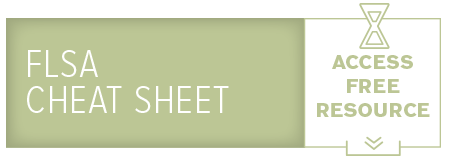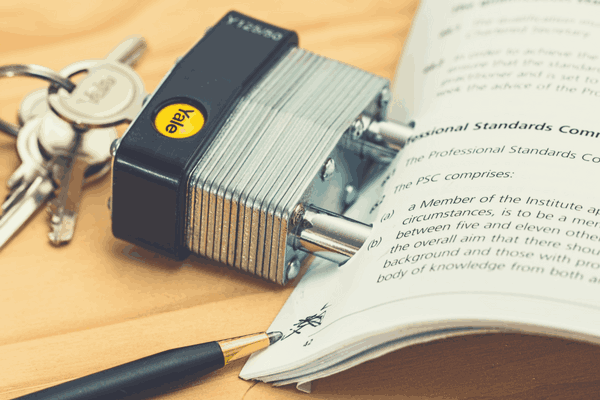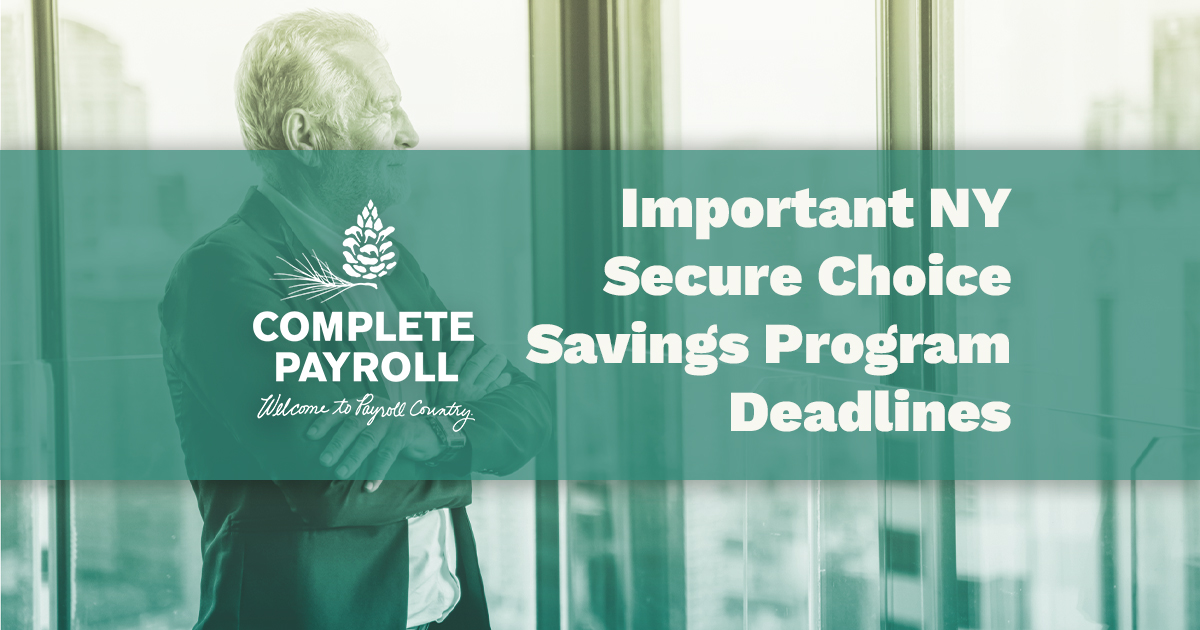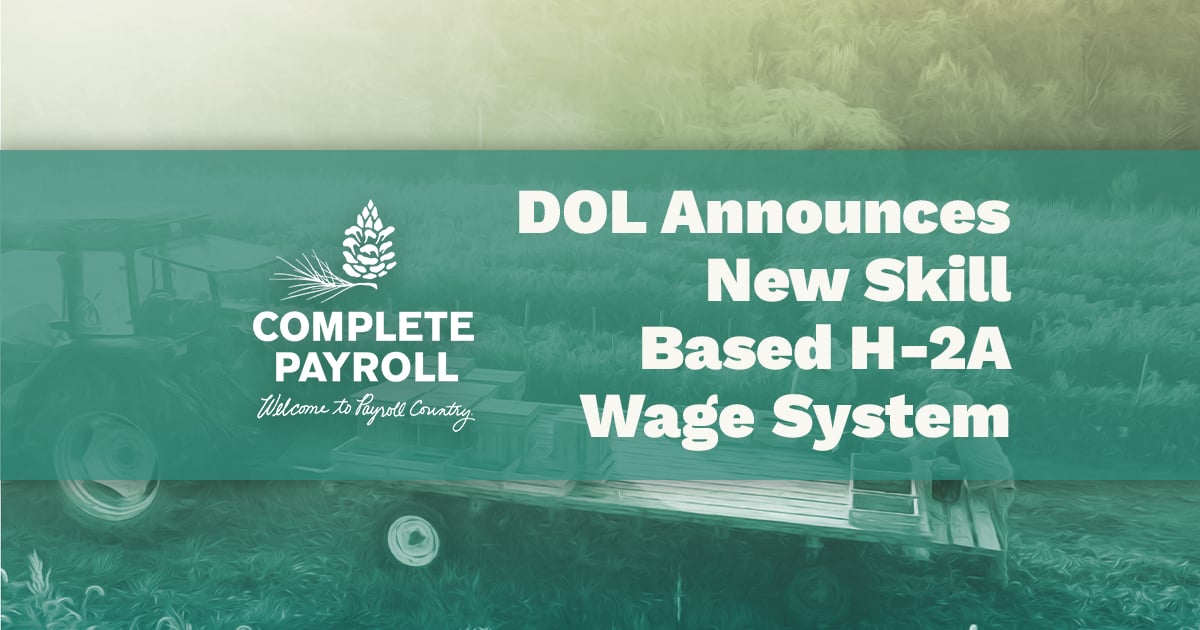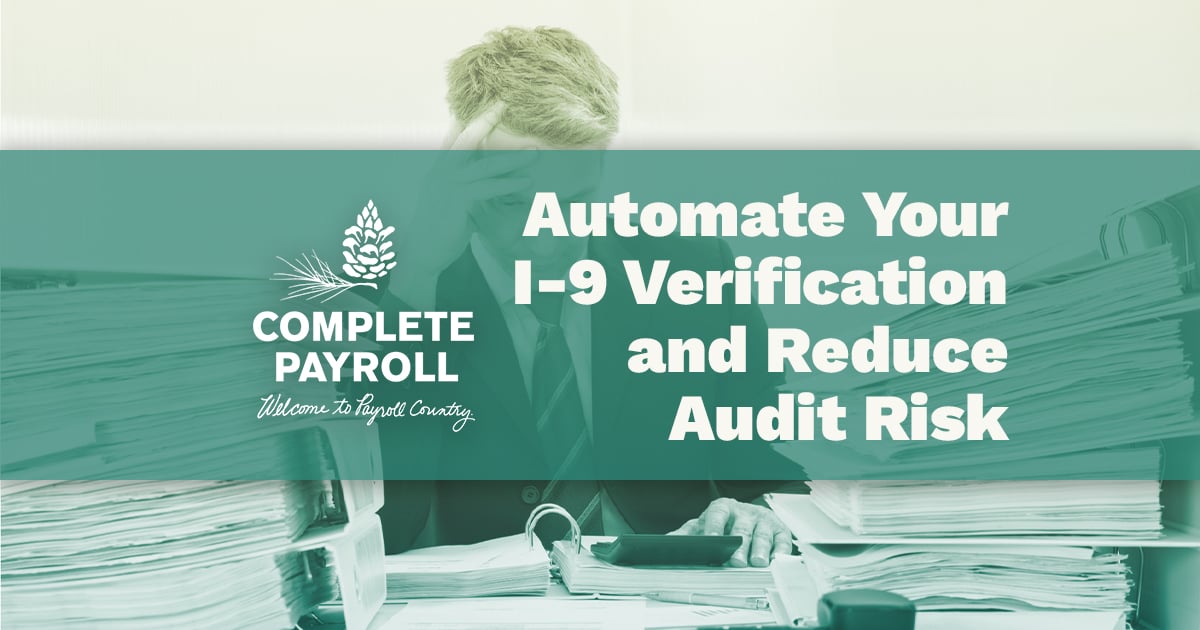The Workplace Guide To Meals & Breaks
The rules and regulations around meals and breaks can be a challenge to navigate for most. We’ll break it down into bite-sized pieces for you so it’s a little easier to understand from both a payroll and HR perspective.
Introduction
The rules and regulations around meals and breaks can be a challenge to navigate for most. Trying to interpret all the subtleties and exceptions and nuances can be, quite frankly, intimidating. So many questions:
- Who is entitled to a meal or rest break (or both)?
- When are meals and breaks to be taken?
- How long should a break last? Is it the same as for a meal?
- Are there any exceptions?
We’ll break it down into bite-sized pieces for you so it’s a little easier to understand from both a payroll and human resources perspective.
Helpful Articles
Federal Guidelines for Meal Breaks
Many people are surprised to learn that employees are not entitled to lunch or coffee breaks under federal law (as long as certain conditions are met), though many states’ laws do have requirements around meal and rest breaks, including the state of New York’s.
Under the Fair Labor Standards Act (FLSA), employers may automatically deduct meal and/or break time from employees’ hours worked, however, they must ensure that employees receive the full duration of the break-in question.
Working While Eating
Under the FLSA, if an employer provides meal breaks (and the state of New York says they have to), the employee must be completely relieved of duty.
Meaning, an employee is not considered to be completely relieved of duty if he or she is required to perform any work whatsoever, whether active or inactive, even if eating at the time.
(It’s worthwhile to note that some courts have interpreted this legislation more conservatively in favor of a predominant benefit test “to determine, on a case-by-case basis, to whom the benefit of the meal period inures.”)
Overtime
When determining whether an employee is owed overtime, unworked time--- including meal periods -- does not have to be counted. Conversely, if an employee works during a meal period, that time must be counted towards overtime when applicable.
Interrupted Meals
If employees’ meals are interrupted and they have to perform work during that time, they must be paid for the full duration of the break. It’s a good idea for employers to establish a reasonable process for employees to report missed meal breaks to limit liability exposure for lawsuits.
In New York, however, there is a One-Employee Shift exception that addresses situations where only one person is on duty (or is the only one in a specific occupation) where it is customary for the employee to eat on the job without being relieved.
If an employee voluntarily consents to such an arrangement, it is acceptable under this exception. (There are detailed guidelines around this sort of situation of course, but this is the general rule.)
New York State Guidelines for Meal Breaks
In the state of New York, all workers are entitled to an additional meal break of at least 20 minutes for workdays that extend from before 11:00 am to after 7:00 pm. The meal break must be provided between 5:00 pm and 7:00 pm.
Factory Workers
A person “employed in or in connection with a factory” (or whose primary duties involve the maintenance and/or operation of a factory) is considered to be a factory worker according to guidance from the New York State Department of Labor (or NYSDOL). A factory would include places like mills, workshops, or other manufacturing establishments.
Factory workers are entitled to two meal breaks of at least 60 minutes each for all shifts of more than six hours starting between 1:00 p.m. and 6:00 a.m. and lasting more than six hours.
According to these same state guidelines for factory workers, the first lunch break must be between 11:00 a.m. and 2:00 p.m. The second meal break must be at a time midway between the beginning and end of the shift.
An employer can apply to the Commissioner of the New York State Department of Labor for shorter meal periods. Any permits granted must be in writing and conspicuously posted at the main entrance of the employer’s establishment, and permits may be revoked at any time.
Non-Factory Workers
Non-factory workers are entitled to a lunch break of at least 30 minutes (between 11:00 am and 2:00 pm) for shifts six hours or longer that extend over that period.
For shifts of more than six hours starting between 1:00 pm and 6:00 am, non-factory workers are entitled to a 45-minute meal break, provided at the midpoint of the employee’s shift.
‘Brown Bag Lunches’
If you’re eating lunch at work while listening to a speaker or a presentation--- even if it is not related to work (think an employer-sponsored presentation on health and wellness issues) -- the employer is obligated to provide an uninterrupted meal period where they are free to leave their work areas and engage in non-work related pursuits if they so desire.
If brown bag lunch events are required, they do not count as a meal period and must be counted as time worked. (But remember, if an employee chooses to attend a lunch voluntarily, the employer is considered to have provided the requisite meal period under the law.)
Helpful Articles
Breaks and Rest Periods - New York
An overview of what New York State labor law requires employers to provide their employees in terms of meals and breaks.
Day of Rest - New York
Before operating on Sunday, employers must notify each employee which day of the week they have for their day of rest.
Rest Breaks
If your employer does offer short breaks (which usually last between 5 and 20 minutes), under both federal and New York state laws, these breaks are compensable and are considered when determining whether overtime was worked. This is because they’re viewed as common in the industry, and as promoting efficiency.
To be clear, genuine meal breaks (which usually last 30 minutes or longer) are not compensable because, under the FLSA, they’re viewed as serving a different purpose than coffee or snack breaks.
Rules Concerning Minors
Sometimes an employer may choose to employ a minor since very often they don’t have families to support and need experience, and so can work for lower wages than adults.
However, employers must be careful to comply with requirements of the Fair Labor Standards Act, as well as state laws governing when and how a minor can work.
In New York, child labor law regulates the employment of minors under 18 years of age and prohibits minors from working in certain occupations. The law limits the number of hours a minor can work (depending on age) and stipulates that minors have the same rights to meal and rest periods as adult employees (except in the case of child performers, where laws are different).
Helpful Articles
Breastfeeding Mothers
A number of federal, state, and local laws require that an employer accommodate a lactating/breastfeeding mother, which usually means breaks and a private location for expressing breast milk. All employers covered by the FSLA must comply with federal law.
In New York, all employers must provide reasonable unpaid break time (or allow the use of a paid break or meal time) each day to express breast milk for up to three years following the birth of a child. (It’s important to note that rules for employers with four or more employees in New York City vary slightly from state law.)
Time Requirements
In New York, employees must be given the option to choose whether to express breast milk during regularly scheduled meal and rest breaks. If the break time cannot run concurrently with the meal and rest breaks that are already provided, then break time is unpaid for nonexempt employees.
Facility Requirements
Employers must make reasonable efforts to provide a room or other location in close proximity to the work area where an employee can express breast milk with the expectation of privacy.
Notification Policy
Employers must provide written notification of breastfeeding accommodation rights to employees who are returning to work, following the birth of a child.
This includes the right to take unpaid leave for the purpose of expressing breast milk, and the notice may either be provided individually to affected employees or to all employees generally in an employee handbook. Employers may also post a notice in a central location.
Helpful Articles
FLSA Cheat Sheet
The Fair Labor Standards Act is a major piece of legislation that governs numerous workplace standards and compliance measures.
Federal Lactation Accommodations
Under the Fair Labor Standards Act employers are required to provide reasonable break time for employees to express breast milk for their nursing child.
Employee Handbooks
Employers are strongly advised to consider including an employee handbook policy that clearly defines expectations for meals and breaks in alignment with federal and/or state law.
Employers should also consider distributing meal and rest break policies and procedures in writing to employees, including language covering things like uninterrupted break policies and unauthorized breaks.
As long as the employer has expressly and unambiguously communicated to employees specific requirements concerning what’s acceptable and what isn’t, unauthorized time does not need to be counted as hours worked.
Helpful Articles
Get HR Help
Complete Payroll’s HR packages provide access to exclusive, industry-leading HR tools and resources. We provide employee handbooks, easy-to-understand state and federal law libraries, and up-to-the-minute labor law alerts so you can effectively manage all your HR compliance and employee relations needs. Let’s talk!
Bahar Uttam
I have been working with Lacy Smart and her team for the last few years. I have been impressed by her responsiveness, accuracy, and high level of providing client satisfaction. She and her team are a wonderful testament to the organization!
Bonnie Deneef
I have worked with a few different payroll providers during my career. Complete Payroll is absolutely, by far, the most proficient and customer service-oriented provider I have been privileged to work with. Lindsay Ezard goes above and beyond to assist me with any question I may have. Thank You Lindsay!
Cathy Pace
Finger Lakes Wrestling Club Inc
We were referred to Complete Payroll years ago by a board member and haven't looked back since. When I first started working with them, I knew nothing about payroll. My first rep Lacey, and now JoAnn, are great to work with. Working with Complete Payroll has just been a wonderful all-around experience for me.
Christina Wagar
Dr. Christopher Mozrall
Complete Payroll is a great payroll company, and we love our CSR! She always has the answers to my questions without hesitation. There is very little (if any) wait time to get a call back.
Colleen Koll
The first suggestion I made after I joined Shear Ego was that if they were not yet using Complete Payroll, they should be. We continue to be impressed and happy with the quality and friendliness of service, and the excellent newsletters and up-to-date information on all things payroll and HR.
Debbie Klymkow
We moved to Complete Payroll about 3 years ago. It was seamless and working with Lacy Smart on Mondays is a breeze.
Dick Eakins
Norco Farms
Complete Payroll fits my budget, I never get bounced around between customer service reps, and it's very easy to enter my payroll. I simply take a photo of my payroll sheet and email it to my rep. There's never a problem! With them, it's business done, and business done right.
Don Cunningham
Complete Payroll Processing provided an easy transition from internal payroll processing. With payroll as their core competency, CP has the expertise to help mitigate errors and ease the burden of annual updates. Comprehensive reporting gives all the details needed and an organization can operate with an added piece of mind knowing that the payroll service is taken care of.
Eileen Reeves
After nearly 10 years, we are receiving the same or better service than when we started. The ability to reach our dedicated customer service representative in a timely manner is huge when there are deadlines in play. Requests for unique reports and integration with our other vendors has been handled without hesitation. We truly feel a partnership with Complete Payroll.
Emily Wyse
I just love Lindsay! She does an awesome job! She is very responsive and I like that she teaches me how to find things rather than just doing it for me.
Howard Clarke
H Clarke Services
We have been with Complete Payroll for quite awhile now and plan on staying. Thanks!
Watch Howard's Testimonial
John Worth
We have been well served by Complete Payroll. When we have needed support, it was given both in payroll and other employee matters, like handbooks.
Kelly Stephenson (former)
We have been using Complete Payroll for over five years and have found them to be responsive, professional, friendly, and cost effective. Customer service is best judged when something goes wrong. Complete Payroll is always there immediately to help fix the issue. Complete Payroll is a payroll partner, not just a payroll service.
Paul Cronk
I've been very pleased with the service and responsiveness of my CSR, and CP's continued dedication to provide us with all the tools we need to have a successful payroll and HR experience. You are always available when I have a question and always make sure that any problems that arise are worked through to my satisfaction.
Teresa Jackson
We have been customers for many years. Evolution Software is easy to use but, more importantly, Cindy is an email away and her knowledgeable, efficient, and quick to replies to our questions are appreciated. We're very happy with Complete Payroll.
Tina Canali
Complete Payroll is always there if we have a problem or need something special! Their response time is AWESOME!
Denni Harbaugh
My CSR, Andi Dimmick, is The Bomb! She's always friendly, cheery, and with all her clients, makes me feel like she has carved time out for ME. Her customer service is AWESOME, and the personal touch means so much!
Elvira Aletta
Everyone I talk to at CP is friendly and tries to help. If they don't have a ready answer, that's OK. They take the time to find one. Website is user friendly, too. The actual operation of payroll is dependable and reliable.
Peter Varlan
Things go quite smoothly and I have a very good rep: Megan!
Cindy Van Buren
Great customer support and service!
Lisa Lyons
Attica Auto Supply Inc
Friendly, answered all my questions, and never felt hurried.
Bonnie DeNeef
LeeAnn was just wonderful to work with.
Jackie Agusta
Lee Anne is a wonderful trainer. Concise and clear. A pleasure!!
Jennifer Pauly
The program has met our needs! Actually exceeded them!
Sue Budd
Great products, great people and no problems!
Gail Stowe
Stowe Potato Sales
Love working with Complete Payroll, especially with Joann Gaedeke. She is amazing! Very thorough and accurate; takes the pressure from me! Love it!
Nancy Miller
N&G Broadway Inc
Very friendly staff, and you are always on top of the services you offer.
Chris Smith
I appreciate updates that Complete Payroll provides. Site is easy to navigate. Our rep, Karla, is so accommodating and friendly. We appreciate her also. So happy we made the switch to Complete Payroll!
Frances Sweeney
The service that we have received has been EXCELLENT and I can't say enough about Lindsay Ezard's patience and support. Everyone that I have had contact with is professional, knowledgeable, and personable. I have received many calls from your competitors wanting to talk to us but I tell them I am very happy with our service!
Lora Miller
Great company to work with. Wonderful people; knowledgeable, helpful, and friendly!
Helen Cunningham
Customer Service and payroll representatives are excellent!
Sally Kovatch
The program works very well for our company. We like the virtual payroll option and our Account Representative, Ashley, is always very responsive and helpful!
Teri Peters
For 11+ years, Andrea Dimmick has been our CSR. She is extremely competent, helpful, responsive. Evolution portal, once trained, is easy to use and again, if we ever run into an issue, Andrea walks us right through. I would highly recommend... and have!
Nicole Begin
Love working with CPP. They have made life so much simpler for me.
Mary Sutter
I have worked with two other payroll companies and Complete Payroll has been the best in payroll custom packages and customer support! The payroll reports are readable with larger font when printed and program is user friendly.
Laura Lane
The customer service is beyond compare!
Barbie Gozelski
LeRoy Country Club
When I need something, you always help. You're easy to get ahold of; you DON’T put me on hold! I get to email or talk to a real person (Lindsay) and she's always consistent.
Nancy Miller
N&G Broadway Inc
Very friendly staff, and you are always on top of the services you offer!
Patricia Gilbertson
CPP has resources that consistently monitor payroll regulations at all levels that ensures compliance. This is a great boon for a small business with limited personnel.
Elizabeth Barefoot
I have recommended Complete Payroll to my clients for years. You have the best customer service of any payroll company I deal with. I know that mistakes will happen on occasion, but Complete Payroll really works to resolve issues promptly.
Kris Dussmann
We are a Complete Payroll customer and have been very happy with our relationship. We have had no problem referring CPP to our business owner clients.
Margaret Urlacher
Pittsford Realty Corp
Customer Service is awesome! Love Andrea 😀
Liz Maher
Our payroll specialist, Ashlee Adams, is extremely knowledgeable, helpful and quick to respond to all questions and concerns. She has alleviated many stressful situations for our company and is a true pleasure to work with! Thank you Ashlee!
Marybeth Simoneit
Friendly employees, lots of resources.
Kathy Cassetta
You have the best employees working for you. They are professional and a delight to work with!
Joe Czerny
Service reps are so helpful and always available. Andrea is the best!
Mark Logan
I love our CSR Megan. She makes my life so easy. I used to be with one of your competitors and the CSR there treated me like a number. Megan treats me like she is part of my team.
Patty Dugan
Any time I need anything we always have a prompt response from you.
Kris Dussmann
We are a Complete Payroll customer and have been very happy with our relationship. We have had no problem referring CPP to our business owner clients.
Debbie Blacklock
Fantastic service! Friendly helpful staff. Your company was and is the most sourced not only with payroll needs but also with the update and verbal connection with your clients when it came to the COVID-19 PPP. Believe me when I tell you, I had less help from my bank or my Accountant! Thank you!
Recent Articles from the Blog
We're constantly publishing content about payroll, human resources or anything related to managing your people.
Subscribe to Our Newsletter
Twice a month we share relevant and timely blog articles and other resources. No solicitations. No funny business. Just quality stuff to help employers.















.png)


